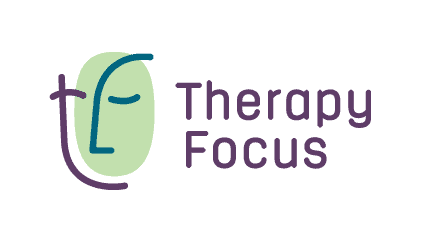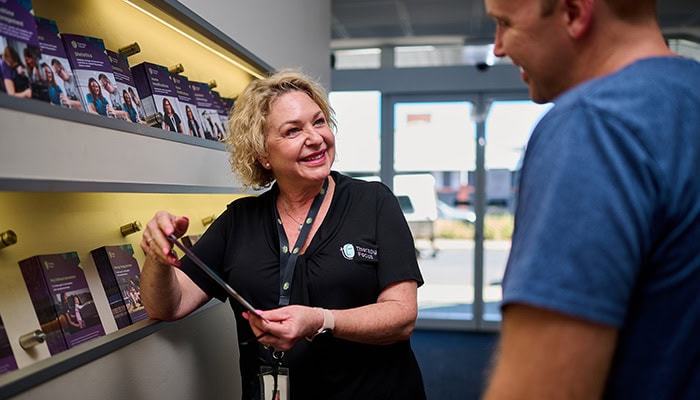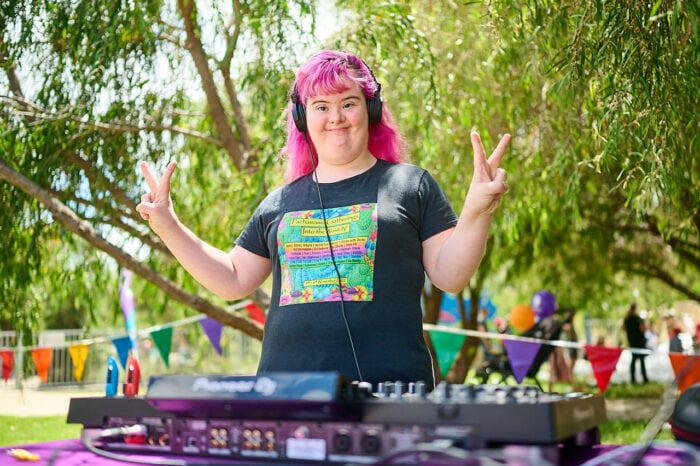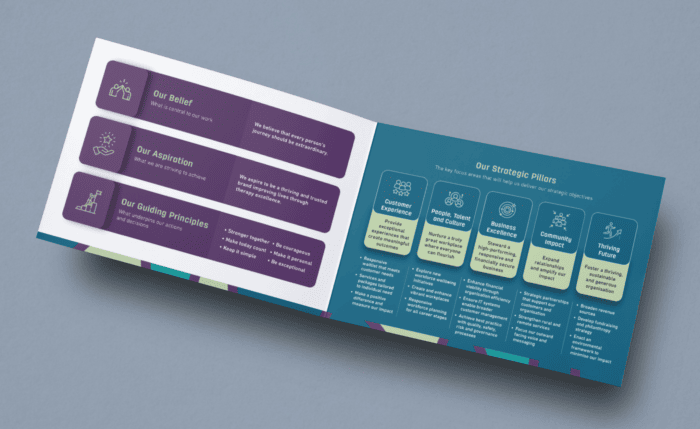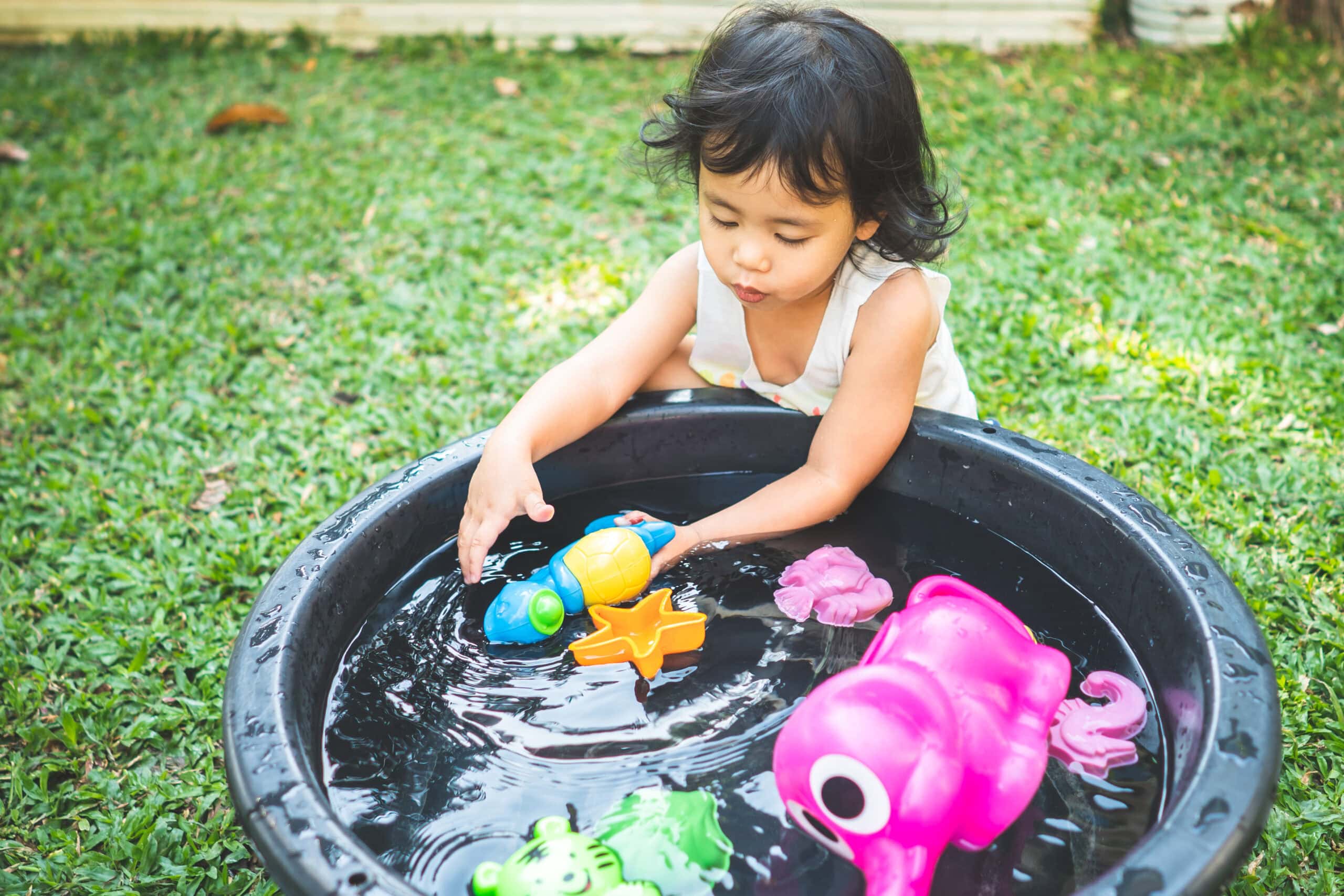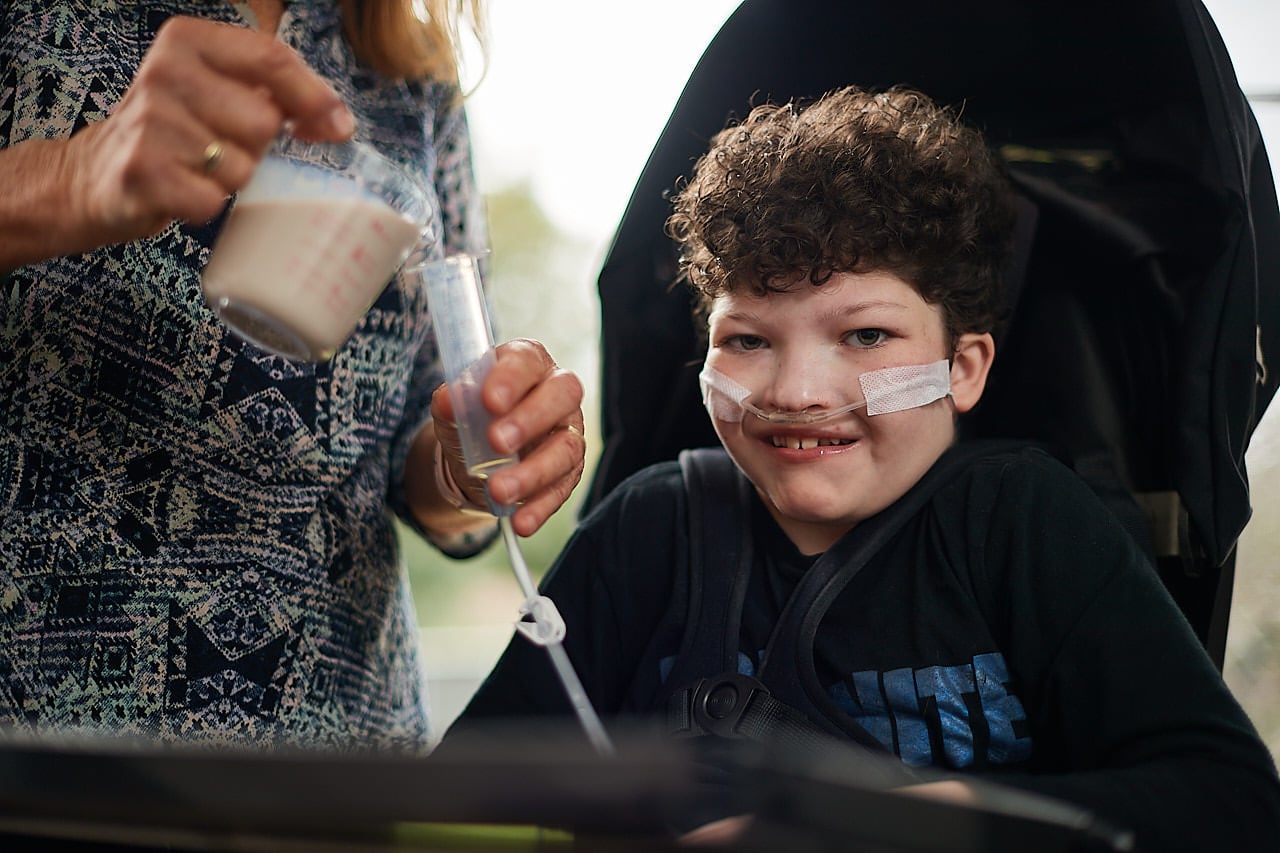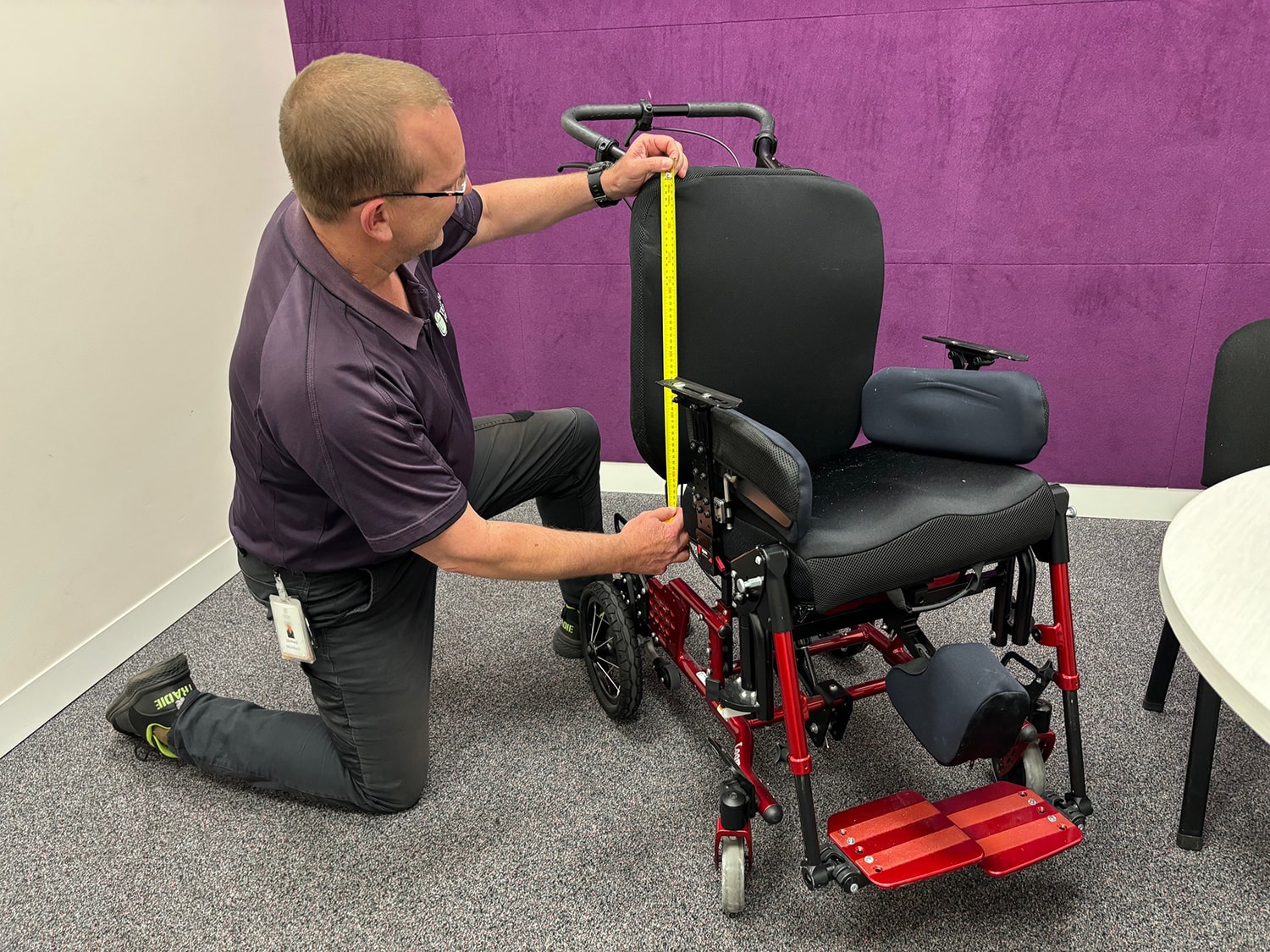Caring for yourself, so you can care for others
How do I know if I am a carer?
Many people don’t consider themselves as carers, but often you are without even realising. You might be the friend, family member, housemate, paid or volunteer worker, or loved one of a person with a disability, or mental health concern who helps beyond standard expectations. You are often a part of that persons’ support network in some way, whether you help them with daily physical needs, or provide emotional support and advice – you are there to support them.
Being a carer is an incredible and at times challenging, experience. Often, time away from the caring role might be few and far between, and during moments alone you might still find yourself thinking about the person you care for.
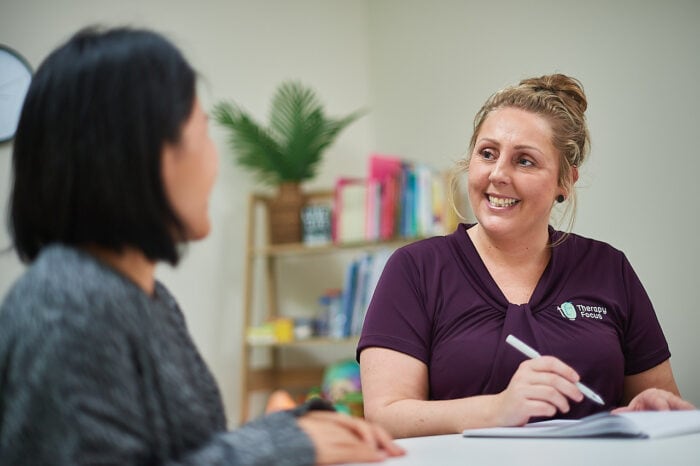
As a carer, it’s easy to slip into the mindset that your needs are not as relevant. It’s important to recognise all the hard work you do, honour yourself and your needs, and recognise that they should not be ignored.
Signs you’re becoming burned out
Carer burnout, or carer fatigue as it is sometimes called, is what happens when a carer becomes overwhelmed and exhausted by the stress, worry, or responsibility of their caring role. A variety of factors can cause carer burnout, like having unrealistic expectations or deadlines to meet, lack of control over circumstances, confusion around aspects of your role or other personal commitments.
Some of the symptoms of carer burnout include:
- Loss of interest in previously enjoyed activities
- Changes to appetite, weight, or sleep patterns
- Feeling emotionally, psychologically, or physically exhausted
- Withdrawing from your support network of friends and family
- Feeling down, anxious, worried, hopeless, resentful, or helpless
- Having trouble concentrating or with memory
- Health problems that are new, or getting worse
What does being mindful of wellbeing look like?
Being mindful of your own needs is important, for both your own wellbeing and the wellbeing of the person you care for.
This can mean different things for different people, but could include:
- Being kind to yourself. Give yourself permission to feel the way you do – your experience and emotions are valid
- Join a support group and talk with people who have similar experiences
- Engage in activities you enjoy such as your hobbies or interests or find new ones
- Get help with stress. Talk to your counsellor, psychologist, GP, or your own support network about managing your stress
- Remember to think of your own needs and set healthy boundaries in both your carer and personal roles
- Engage in relaxation, mindfulness, or gratitude activities to create time for yourself, whilst improving your own mental health
- Prioritise time for your sleep, exercise, diet, and personal self-care. Consider booking these times out in your calendar
Handy resources and contacts for carers
A platform advertising local social and support groups in Perth – or start your own! Visit the website
How to find help
Your GP, psychologist, counsellor, EAP provider, and support network can offer resources, contacts, and referrals as well. Many specialist services can offer help to you as the carer or significant other of someone with a disability or mental health concern too. At Therapy Focus, we have a dedicated psychology service that can provide support to people living with mental health concerns. For more information, call us on 1300 135 373.
Psychology Services
Our psychologists support people who experience social, emotional and mental health difficulties.
